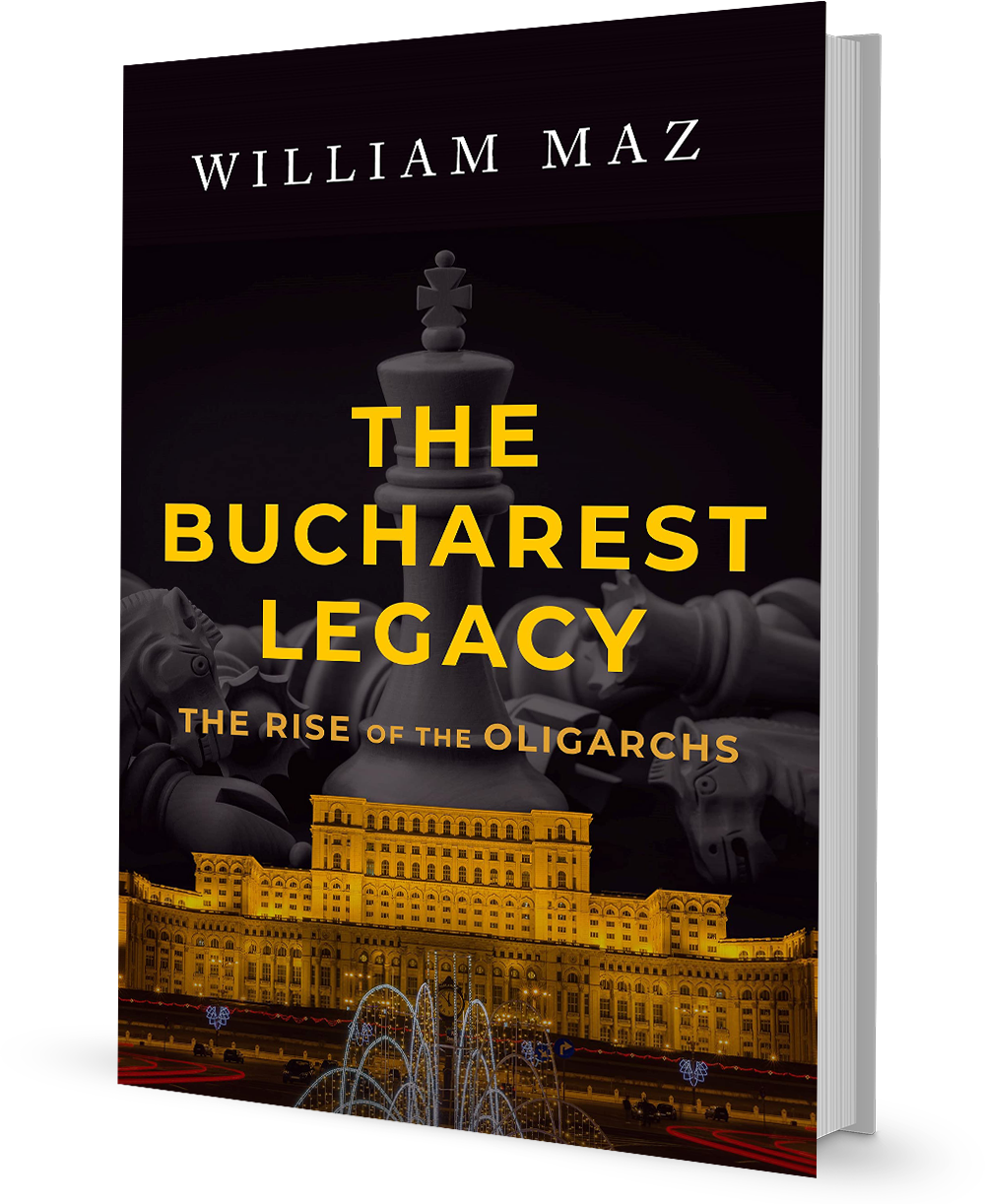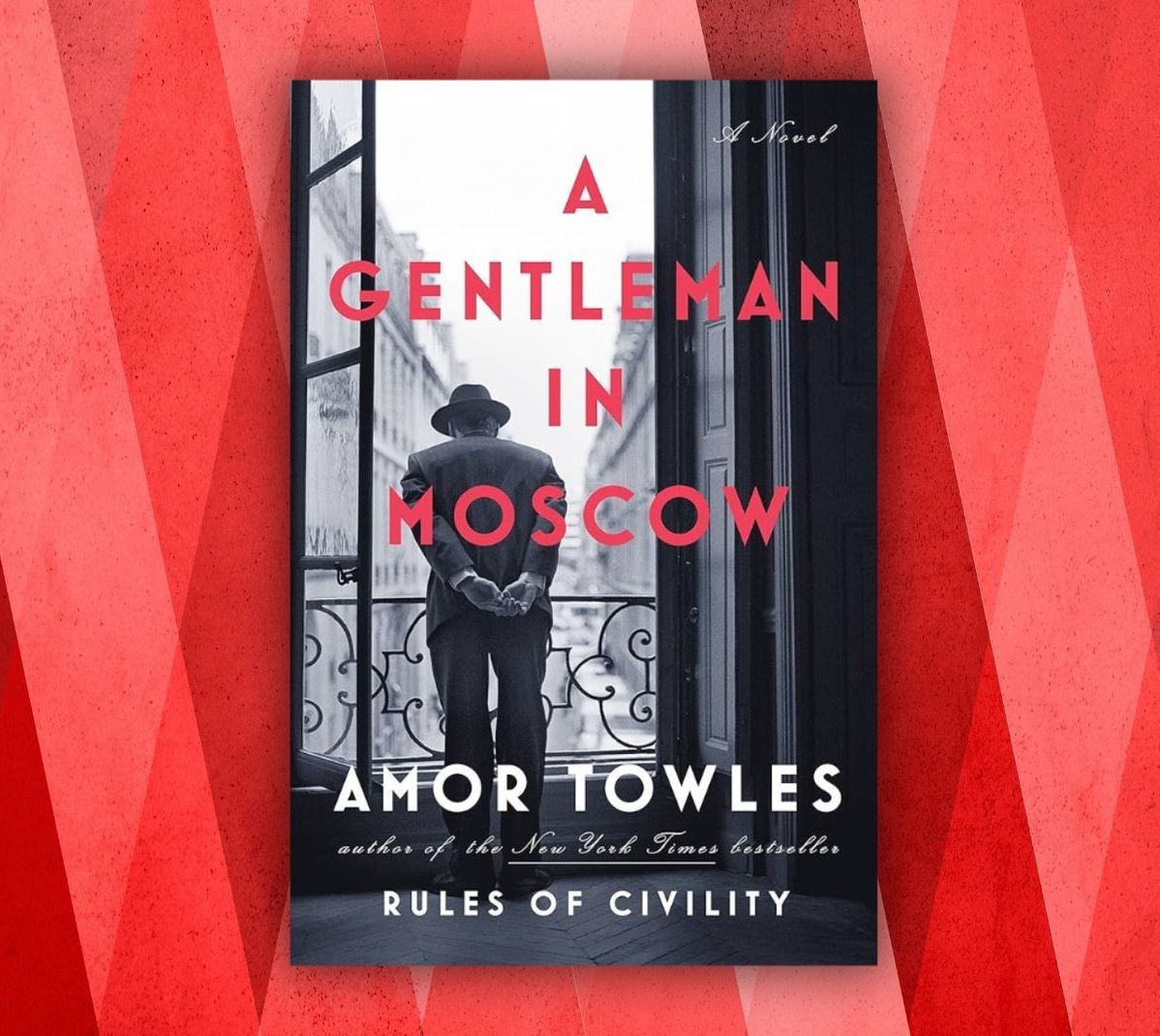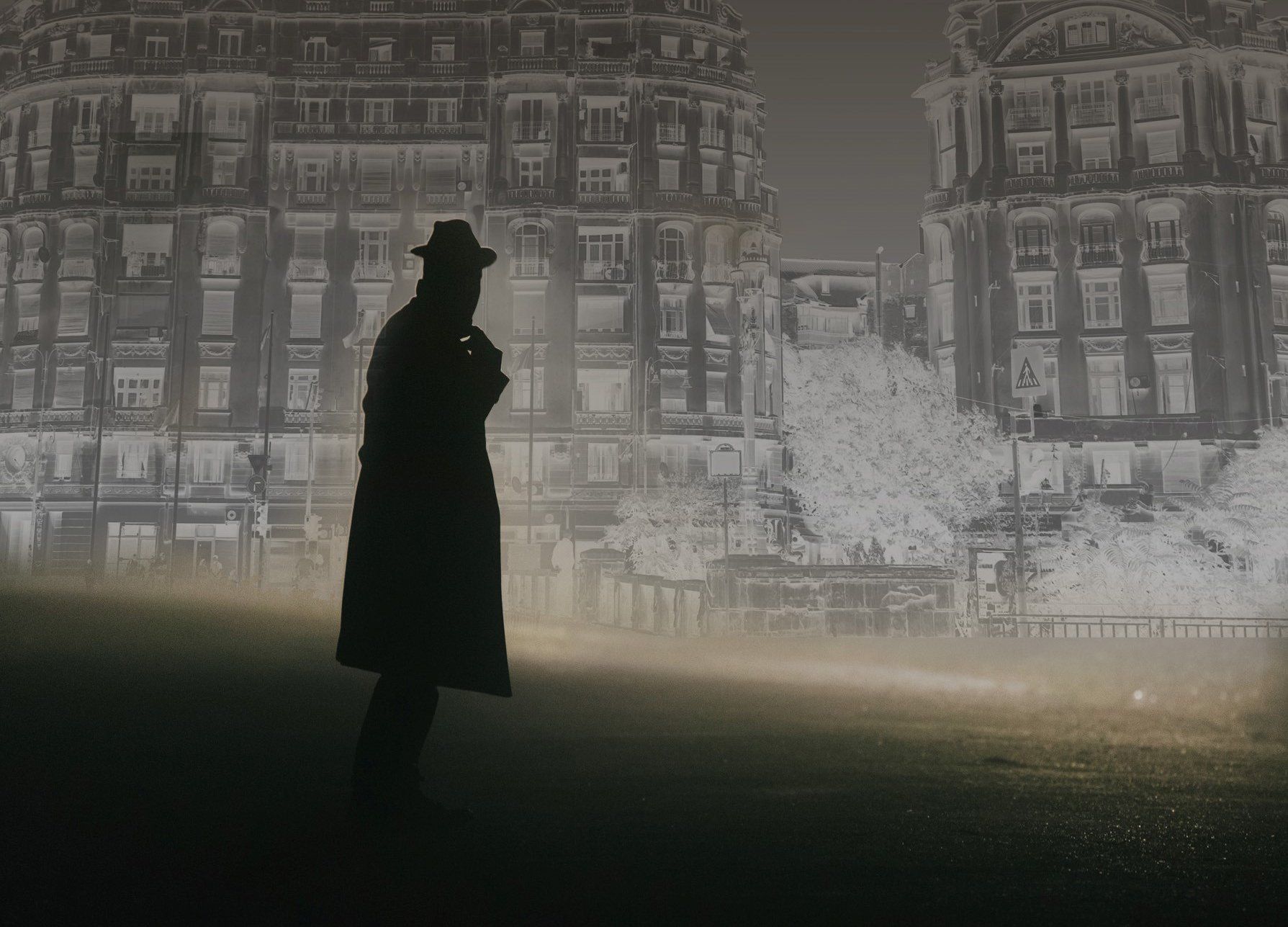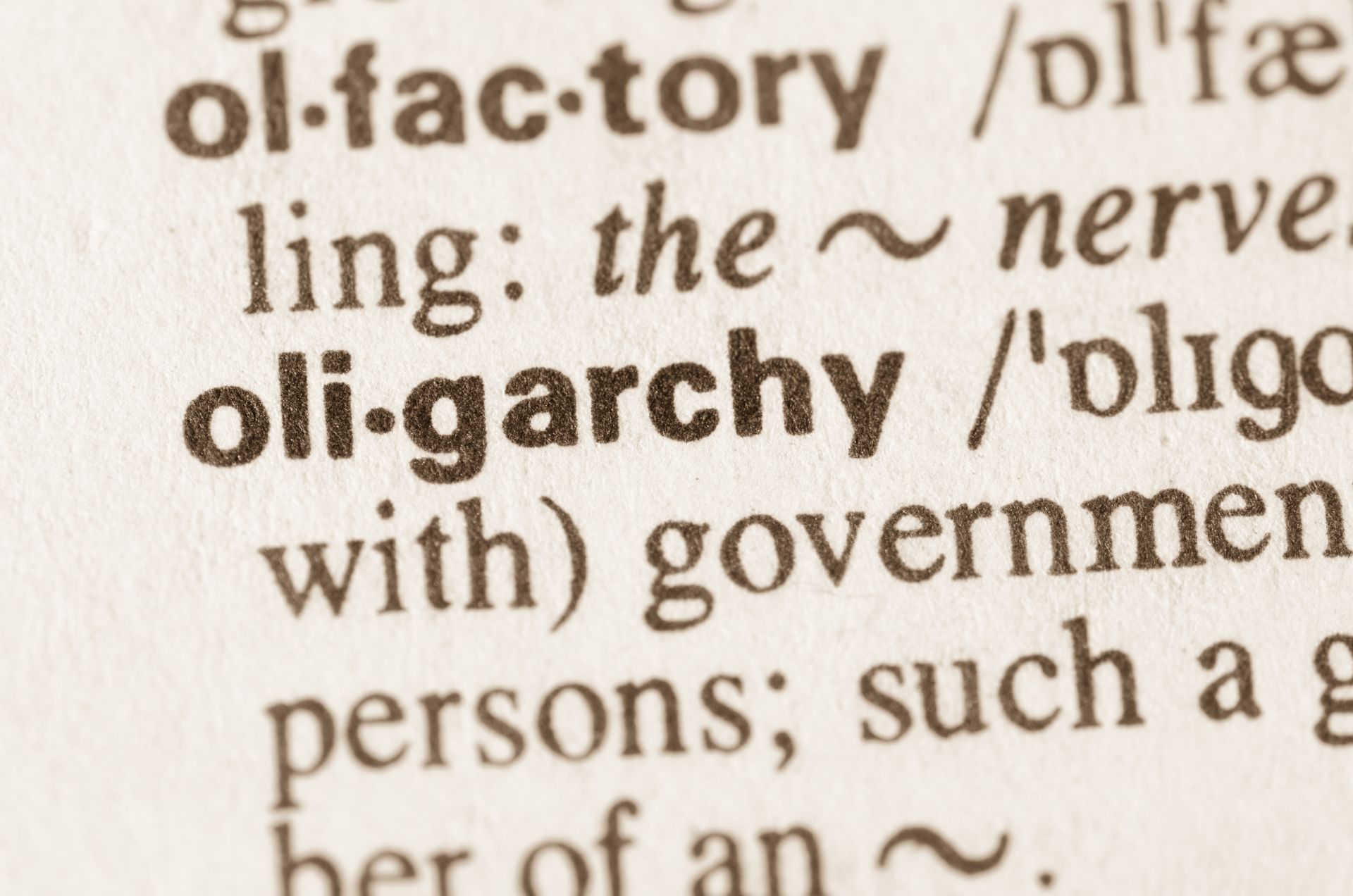Love Conquers All, Even in the Worst of Times
What I find most magical about writing fiction is where the process takes you.
The Bucharest Dossier is a love story inside a spy thriller inside a historical novel, a structure that carries over into the sequel, The Bucharest Legacy. The historical aspect forms the background—the Romanian revolution of 1989 in The Bucharest Dossier, and the rise of the oligarchs three years later in The Bucharest Legacy. The spy thriller rises out of the historical background and, at the top, is the love story that rises out of both.
While most spy thrillers add the love story as a secondary plot to infuse depth to the main character and to add spice, the love aspect of both of my novels, especially The Bucharest Dossier, is the primary story. In fact, The Bucharest Dossier began in my mind as a romantic novel, the search by a young man for the childhood love he left behind in Bucharest that is based on a girl named Pusha whom I loved growing up in that city. It was originally meant to be a study of how memory can transform a love that began twenty years before into the worship of an almost mythological creature that bore little resemblance to the real person.


But as I thought more about it, I realized the story was intricately entwined with communism, the reason my character, Bill Hefflin, had to leave Bucharest with his family as a child. That led to the question of why Hefflin decided to return to Bucharest now, which led to the Romanian revolution and the idea that, now that communism was falling, he could find his Pusha again and, perhaps, rekindle their love, maybe even bring her to America. At that point I could have been satisfied that I had a plausible plot for a story about love lost and love regained.
But my mind kept telling me that something else was going on, that there was more to the story. I then asked myself who Bill Hefflin is, what he does for a living, and how it could be related to the revolution. I started doing research on the revolution and discovered that many questions had been left unanswered, the main one being whether it had been a real revolution started spontaneously by the people or a planned coup d’état.
Whenever facts don’t exist, conspiracy theories abound, especially in Romania. Other mysteries sprang up, such as who the Middle Eastern snipers were who started shooting at the people in Timisoara, the city where the revolution began, and why did General Stanculescu, the Minister of Defense, turn on President Ceausescu and organize the trial and execution of Ceausescu and his wife. Then I found in my research that one of the Romanian generals, General Militaru, had been a known KGB mole who had been planning a coup for years, and that General Stanculescu had probably been a CIA mole. The plot thickened, as they say. The more I read, the more spies and counterspies I found. The rumor mill had been right, for once. I had no choice. My love story had to be written as a spy novel.
The sequel, The Bucharest Legacy, takes place three years after the revolution. It picks up the threads left dangling in all three layers of the first novel. Hefflin discovers secrets about Pusha’s childhood and learns about the charmed life of Boris, the KGB puppeteer who had pulled on the strings of Hefflin’s life. And he learns how the old communist apparatchiks had transformed themselves into the wealthy ruling class, the oligarchs, who ran Romania once more, only now with the billions they had purloined while the people waited for the promises of democracy.


The Bucharest Legacy—The Rise of the Oligarchs is out now.
I hope you enjoy it.
With sincere regards,
William Maz






